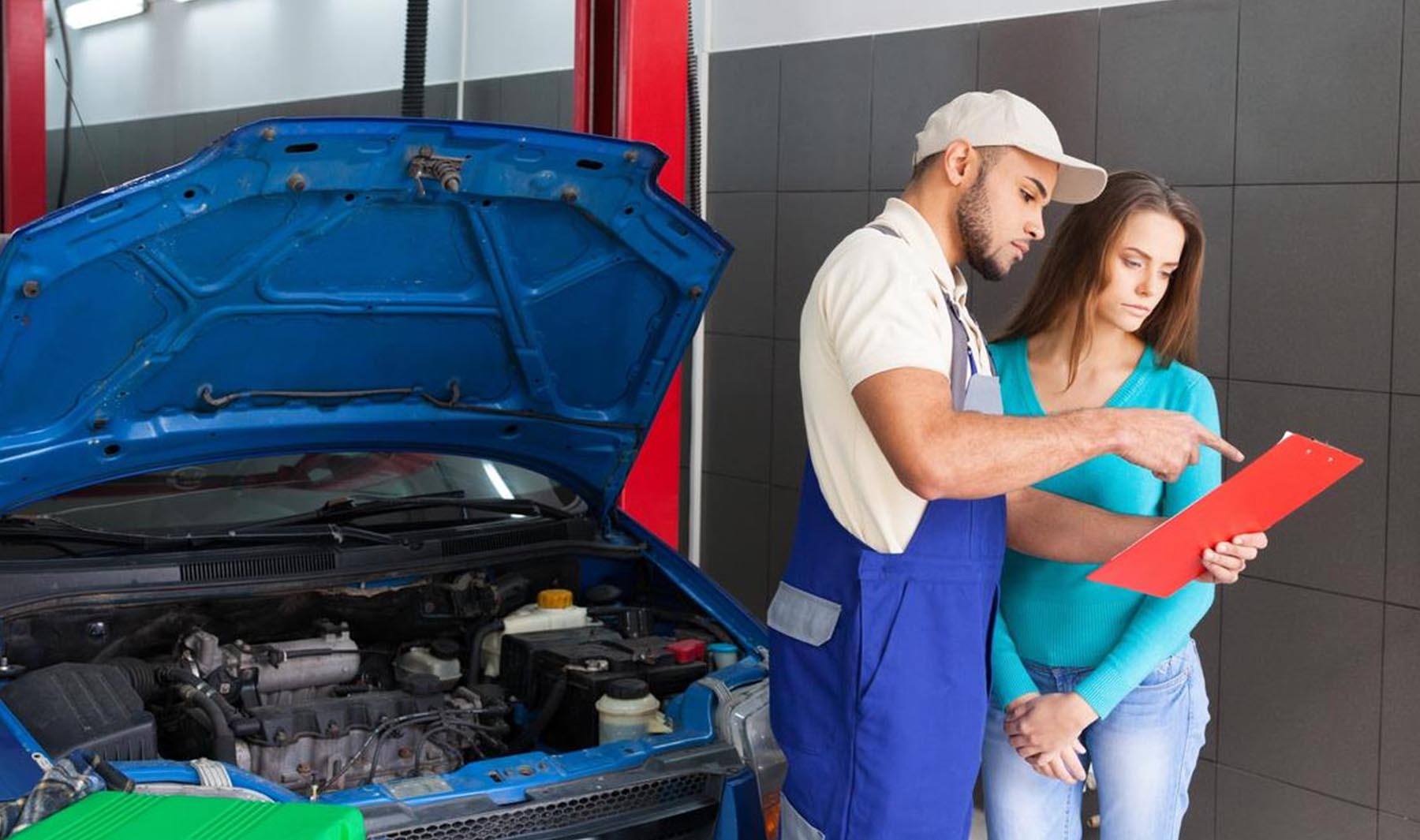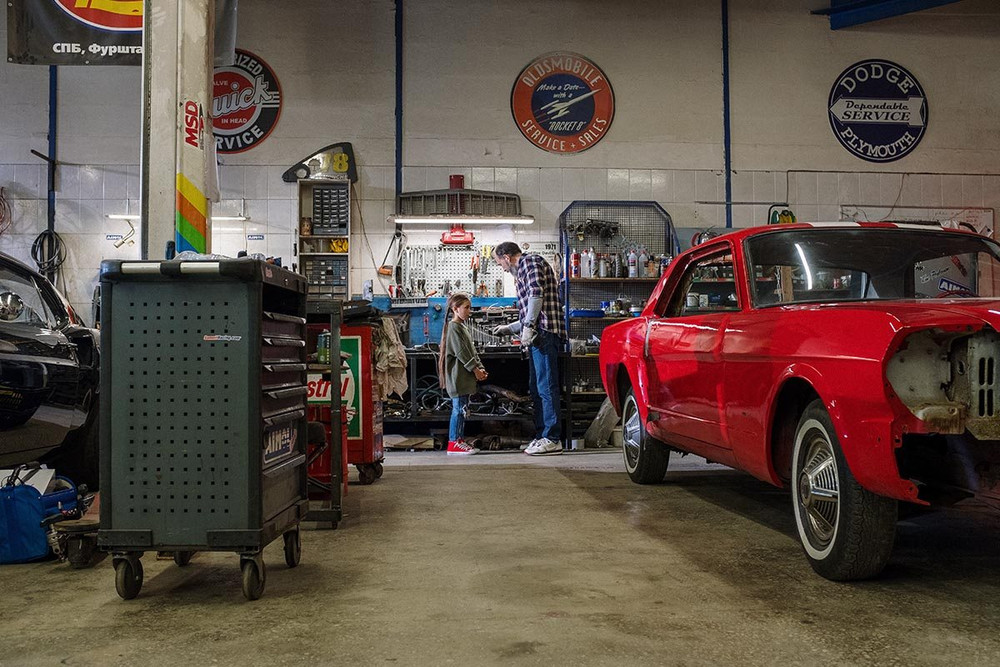How to Start A Car Mechanic Shop and Find Essential Tools
10th Aug 2022
There are more than a quarter million auto mechanic businesses in the US. But as the population grows, there is always room for more.
While you certainly need to be a skilled mechanic to make it, this alone isn’t enough to manage a business. If you’re looking to start and build up your own shop, let’s go through all the essential steps you’ll need to take -- from imagining your brand to obtaining documentation and suitable automotive tools and equipment.
1. Assemble Your Business Plan
You need to have a plan when entering any business - auto repair is no exception! It’s important to consider:
- What are your estimated startup and ongoing expenses?
- What services will you offer?
- Where do you want to operate?
- Who is your target market?
- How will you charge customers?
- How will you build your brand?
- Who are your competitors?
These seem like a fair bit of questions, but it’s crucial that you have them answered and go into your business well-prepared.
2. Form a Legal Entity and Set Up Your Business

Once you have your business plan, it’s time to start checking things off the list. The first step is to establish your repair shop as a legal entity.
The most common options are sole proprietorship, partnership, limited liability company (LLC), and corporation. While each has its own set of advantages and disadvantages, for auto shops, the best choice is usually an LLC or a corporation. These will protect the individual business owner from being held liable in the event of a lawsuit.
You can handle these legalities independently or hire a professional to help you.
3. Acquire Permits and Licenses
It’s not enough to be skilled in automotive repair to run a business. You need to follow regulations and obtain certain licenses and permits - failing can result in hefty fines.
Open a Business Bank Account
You want to separate your work from your private life, even when you’re the boss. A business bank account serves to protect your personal assets and can offer other benefits, like better interest rates.
Setup Accounting
Business accounting will keep a detailed record of your finances and be used to analyze your performance. Keeping accurate accounts will also be useful when filing your annual taxes and save you time.
Get Insurance
Insurance is vital to protect your shop’s financial well-being in certain circumstances. There are many different types of insurance policies. General liability insurance is a good place to start, but you may also benefit from other coverage options.
4. Obtain the Right Equipment
You can do everything right, but without the proper automotive tools and equipment, you’re not likely to see any great success. The cost of equipment can be steep. In fact, it’ll likely be your second largest expense after the location cost, but it’s a necessary investment in the future of your business.
You can always add new tools to your collection, as every mechanic wants to assemble a large and impressive toolset. Yet, as it’s a huge financial investment, it’s best to start with the basics and slowly build up.
Find the Best Tools for the Job
With high-quality tools from trusted manufacturers, JMC Automotive Equipment is a good place to purchase your equipment. We offer thousands of automotive products for both professionals and beginner car enthusiasts.
Visit our page to browse our extensive collection and find the solutions you need!

